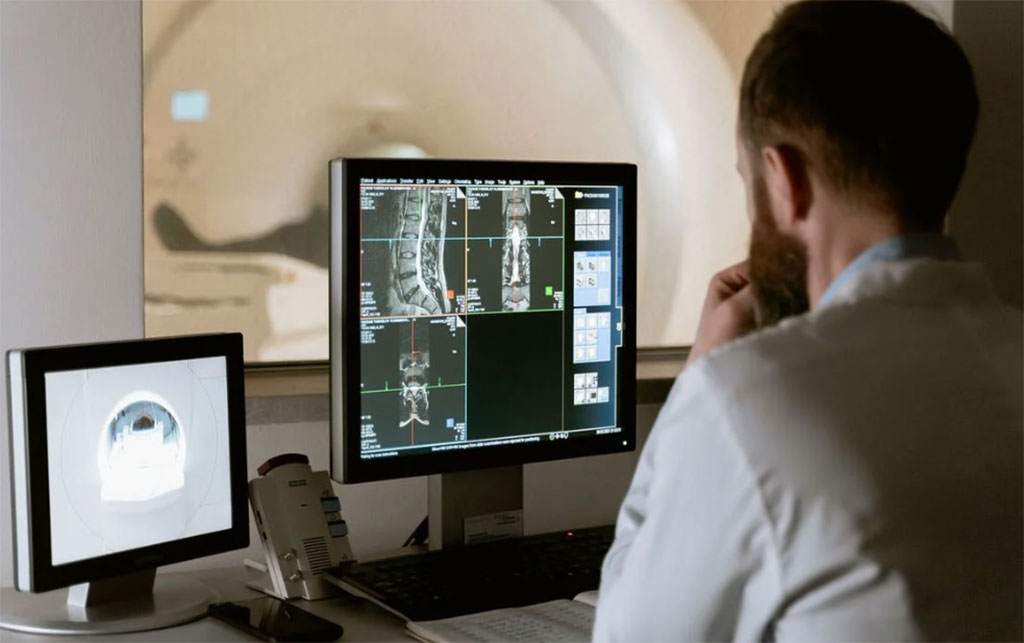AI Saves One Hour of Daily Chest CT Interpretation Time for Radiologists
Posted on 14 Jun 2022
Incorporating artificial intelligence (AI) support into clinical practice can reduce repetitive tasks, saving approximately one hour of chest computed tomography (CT) interpretation time in a radiologist’s typical workday, according to the findings of a prospective randomized study.
For the prospective study, researchers at the Medical University of South Carolina (MUSC, Charleston, SC, USA) used the AI-Rad Companion software solution from Siemens Healthineers (Erlangen, Germany) and IMPAX 6 PACS from Agfa Healthcare (Mortsel, Belgium). The study involved 390 patients (204 female, 186 male; mean age, 62.8 years) who underwent outpatient chest CT at MUSC from January 19-28, 2021.

Siemens AI-Rad Companion provided automated analysis of cardiac, pulmonary, and musculoskeletal findings, including labeling, segmenting, and measuring normal structures, as well as detecting, labeling, and measuring abnormalities. AI-annotated images and auto-generated summary results were stored in the PACS. Chest CT examinations were randomized using 1:1 allocation between AI-assisted and non-AI arms, then clinically interpreted using a stopwatch. Ultimately, mean interpretation times were significantly shorter in the AI-assisted than in the non-AI arm for all three cardiothoracic radiologists. For readers combined, the mean difference was 93 seconds (95% CI, 63-123 seconds), corresponding with a 22.1% reduction in the AI-assisted arm: 20.0% and 24.2% for contrast-enhanced and non-contrast scans, respectively.
“This is the first study to our knowledge to assess the impact of an AI support platform on chest CT interpretation times in a real-world clinical setting,” said U. Joseph Schoepf from the MUSC. “The platform’s integration into clinical workflow resulted in a mean reduction in interpretation times of 22.1% among three cardiothoracic radiologists for whom the AI results were made available.”
“If assistance from automated AI results can save one hour of interpretation time each day as estimated from our results,” the researchers contended, “then radiologists could devote this time to other activities, whether additional clinical tasks such as communicating findings to patients and referring physicians, or administrative, education, and research responsibilities.”
Related Links:
MUSC
Siemens Healthineers
Agfa Healthcare














